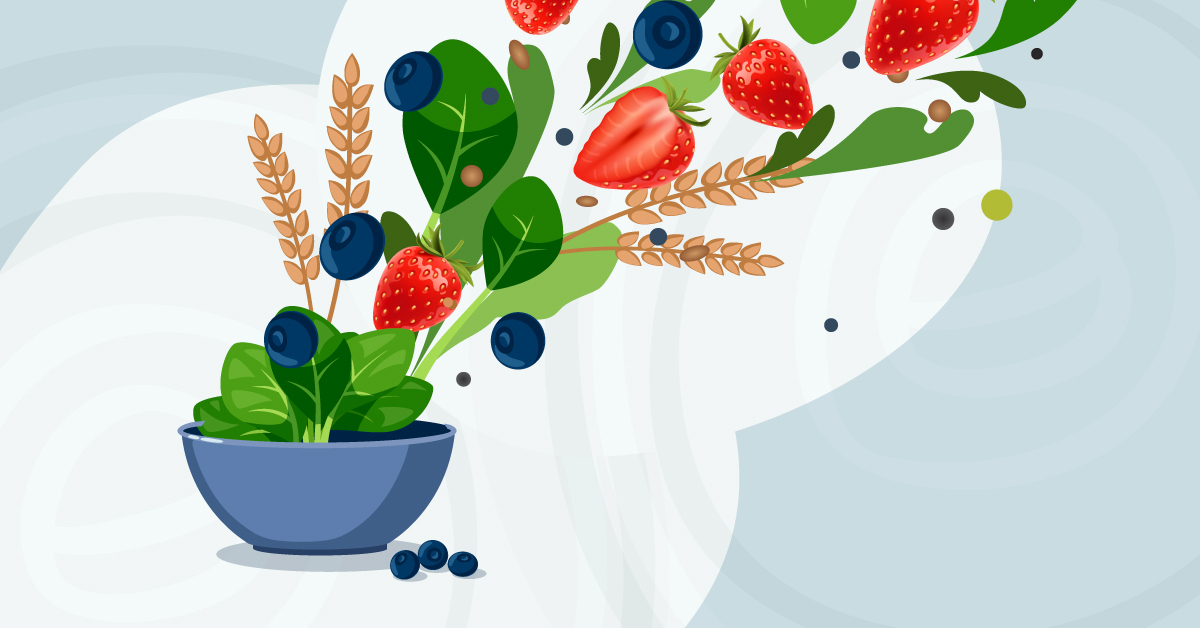A month about fruits and vegetables

Upcoming Health topics:
Quarterly Focus: Fueling Our Bodies
- October: Fruits and vegetables
Fruits and vegetables CAN keep the doctor away
Food is fuel to the body. Acts 27:34 says, “Now I urge you to take some food. You need it to survive.” Food is of vital importance; however, the Bible repeats various times to not overindulge and to take care of His temple, which is your body. Eating nutritiously is a way to respect God and have better health.
“You’re not leaving the dinner table until you eat all your vegetables!”
“An apple a day, keeps the doctor away.”
These are likely familiar sayings we all grew up with or even find ourselves repeating today.
But why is eating our fruits and vegetables so important? Will they really “keep the doctor away?”
In many ways, the answer is, “YES.” Fruits and vegetables, especially in their most natural state, are chocked full of essential vitamins, minerals, fiber, water, antioxidants and other immune-boosting nutrients. Recently we’ve experienced global supply chain issues and high costs that are very negatively impacting many areas of the world, including here in the U.S. However, there are still many ways to achieve our needed intake of fruits and vegetables. And it’s so worth it. Keep reading to learn why and how.
What we eat and drink can affect our body’s ability to prevent, fight and recover from infections, and it can impact our mood. Incorporating certain foods, including fruits and vegetables, can help alleviate anxiety by encouraging the release of serotonin and dopamine, important neurotransmitters (Source: Mental Health First Aid USA, September 2022). In addition, people who eat more fruits and vegetables as part of an overall healthy diet have a reduced risk of some chronic diseases since they both provide nutrients vital for health and maintenance of your body. (Source: myplate.gov)
Facts about fruit:
- Most are naturally low in fat, sodium and calories. None have cholesterol.
- Are sources of many essential nutrients that many people do not get enough of:
- Potassium – helps maintain healthy blood pressure (bananas, prunes, cantaloupe, kiwi).
- Dietary fiber – helps reduce cholesterol, lowers risk for heart disease, important for proper bowel function.
- Vitamin C – important for growth and repair of body tissues, healing of cuts and wounds, healthy teeth and gums, aids in iron absorption.
- Folate.
- 1 Serving = 1 cup cut, baseball-size. Examples: 4” banana, small apple, 1 cup of berries.
- Daily recommendations = 2-3 servings.
Facts about vegetables:
- Most vegetables are naturally low in fat and calories.
- Important sources of:
- Potassium (sweet potatoes, tomato products, spinach, acorn squash).
- Dietary fiber.
- Folate.
- Vitamin A – keeps eyes and skin healthy, protects against infections.
- Vitamin C.
- 1 serving = 1 cup of raw or cooked, or 2 cups of raw leafy salad greens
- Daily recommendations = 3-5 servings
Find the right amount for you by getting your MyPlate Plan.
Resources: